If your dog is on the heavier side, it is vital for you to find out whether your dog is suffering from obesity or not. In recent times, obesity in dogs has become a real concern. It is a condition that happens due to excess body fat.
Dogs that are overnourished, not able to exercise, or that have a tendency to retain weight are at most risk for becoming obese. It is easy to figure out if a dog is overweight or obese.
A dog is considered to be overweight if their body weight is above 10-20% of the ideal body weight, whereas if their body weight is above 20%, then they are considered obese. You can find your dog’s ideal body weight from your veterinarian.
Obesity is responsible for numerous bad health conditions in dogs and can cause reduced life span, diabetes, heart disease, increased blood pressure, difficulty in breathing, etc. It usually occurs in dogs aged 5-10 years.
Obesity Symptoms in Dogs:
- Excess body fat
- Weight gain
- The inability (or unwillingness) to exercise
- An above ideal score in a body condition assessment
Causes of Dog Obesity
Dogs become overweight due to many reasons. It might be due to overfeeding or a result of some underlying condition. The bottom line is, if dogs intake more calories than they burn, they are bound to get overweight. The body stores excess energy as fat, this excess fat is due to an imbalance between the energy intake and its usage.
Obesity is more common in older dogs because they are not able to burn fat by regular exercise. Unhealthy eating habits can also lead to obesity in dogs. It is imperative to provide healthy food options to your pet dog.
The risks of being overweight are serious and affect a dog’s lifespan and health. You have to pay extra attention to your dog’s health.
Further, obesity can cause these conditions:
- Urinary bladder stone
- Cancer of all types, diabetes mellitus, hypertension, and heart disease
- Osteoarthritis and faster degeneration of affected joints
- Anesthetic complications as they’re less heat tolerant
- Insulinoma
- Neutering
- Hyperadrenocorticism
- Hypothyroidism.
Obesity Diagnosis in Dogs
Obesity is diagnosed by assessing the weight of the dog via BCS (Body Condition Score). It is a simple non-invasive way of assessing your dog’s weight. The most common BCS system is a nine-point parameter where 4/9 to 5/9 are normal, 6/9 to 7/9 are overweight and 8/9 are called obese with the dog weighing more than 30% over the ideal weight. You can also take advice from veterinarians. They can do this by examining your dog; palpating its ribs, checking the lumbar area, tail, and head.
How to Prevent Obesity in dogs?
To prevent obesity in dogs, you have to make sure that your dog gets:
An Ideal Diet
An ideal diet with low-calorie food should be given to dogs. Quality manufactured dog food contains a label that says how much caloric level should be given to a dog based on their current size or age. You should follow the instructions or consult your vet for diet directions.
Exercise
To burn excess fat, there is a need for regular exercise. Walking the dog, socializing at the local dog park, tossing a ball around in the backyard, and swimming (if your dog likes water) are all good ideas to get your dog moving.
Medication
If decreasing the calories and regular exercise do not work, there are medications available to control the weight gain. You can consult your veterinarian to give medicine after checking your dog properly.
Dog care is catching up with people and more awareness is coming through on dog health conditions like obesity. Now, obesity is very treatable and the results have been tremendous in terms of improving the life quality of a dog.
Take note of how much your dog is eating and how much exercise it is getting. Maintain a balance between food intake and exercise to ensure a long and healthy life for your pet dog.
For more dog health articles, subscribe to our newsletter!

 DogExpress
DogExpress




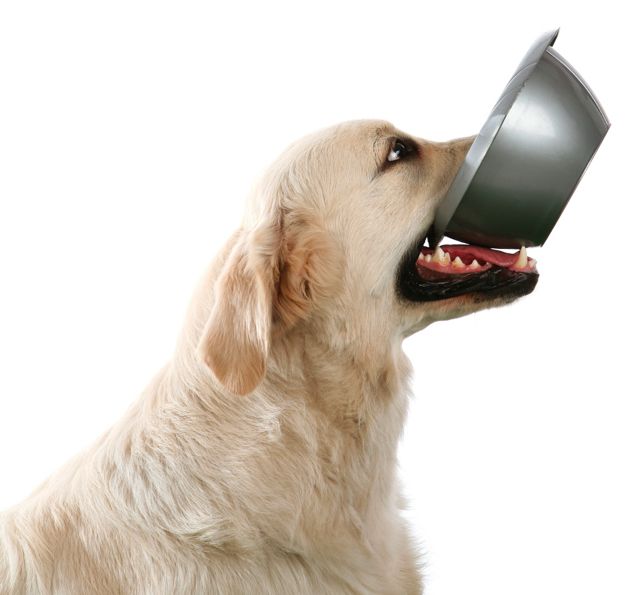
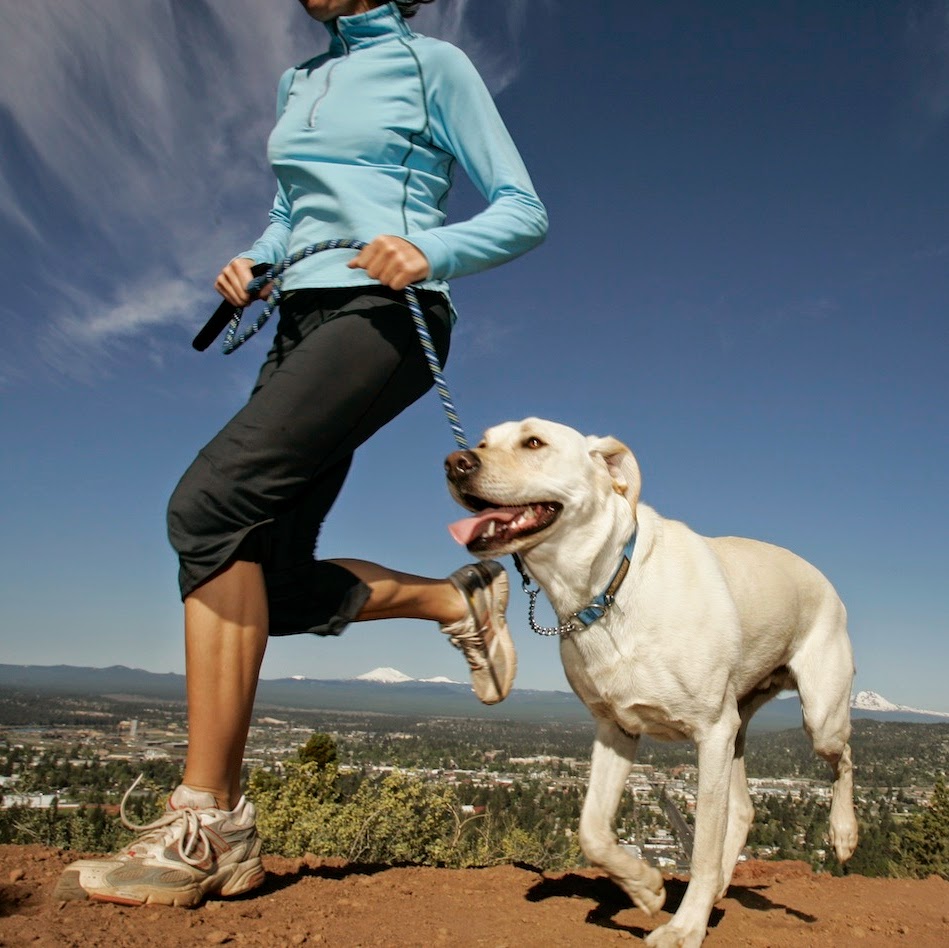
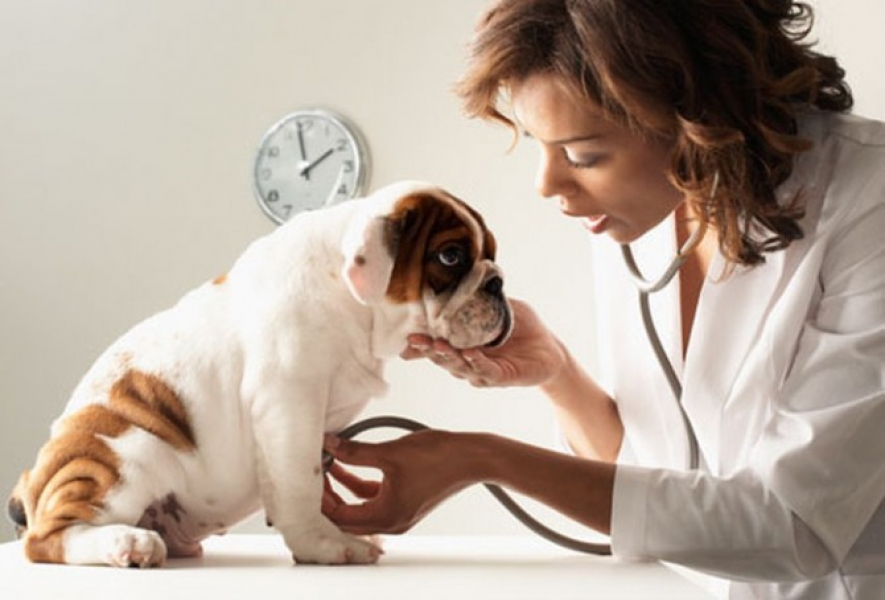
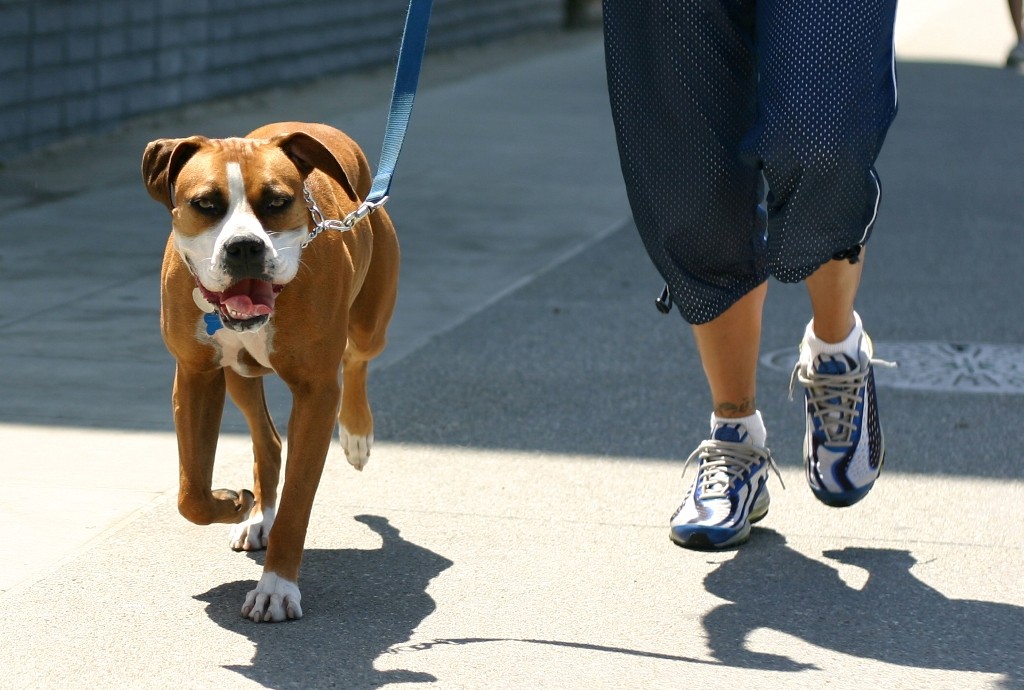


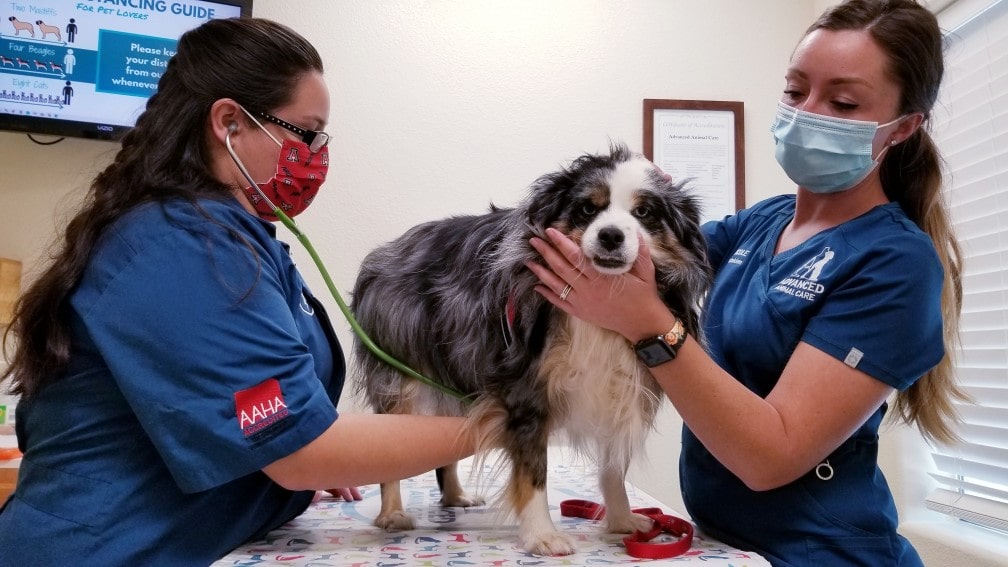
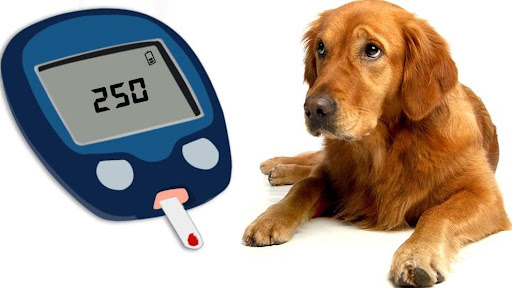












 in Chandigarh, India.
in Chandigarh, India. 
